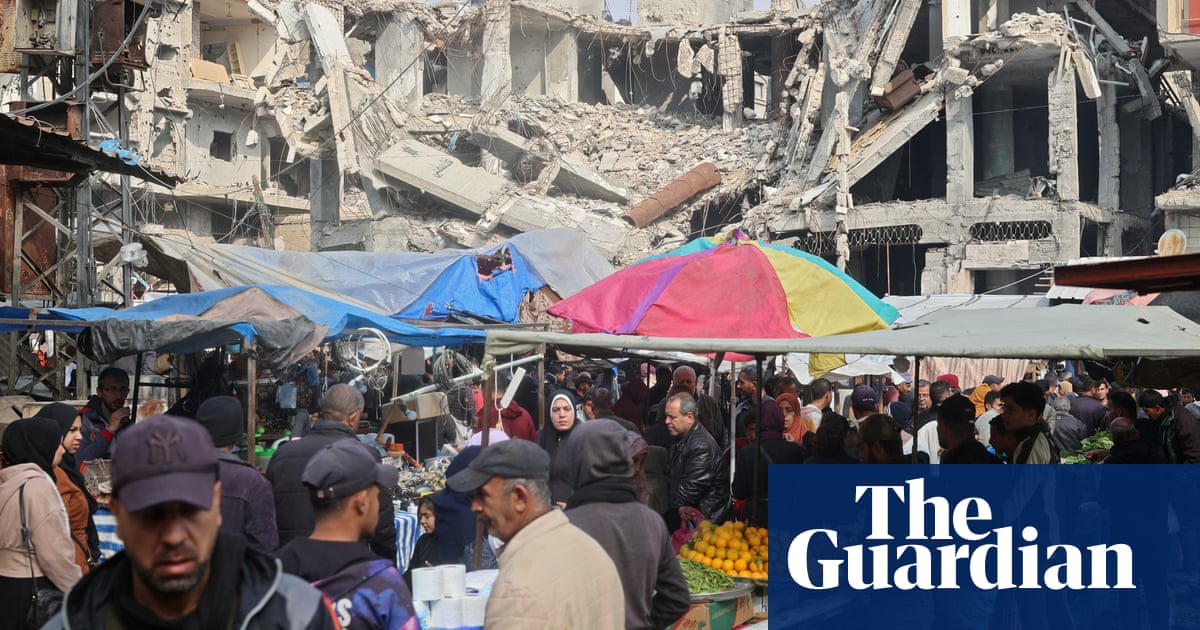- The Israeli Prime Minister Benjamin Netanyahu has dispatched the director of the Mossad to Qatar for ceasefire negotiations.
- Recent airstrikes in Gaza killed numerous civilians, including women and children, amid renewed efforts for a deal.
- U.S. diplomatic pressures mount with hopes of reaching a ceasefire agreement before President-elect Donald Trump's inauguration.
The escalation of violence in Gaza coincides with renewed diplomatic initiatives aimed at achieving a ceasefire. Israeli Prime Minister Benjamin Netanyahu has sent high-level officials, including the director of the Mossad intelligence agency, David Barnea, to Qatar for critical discussions regarding a potential ceasefire with Hamas. This move has raised hopes for progress in what has become a stalemate over the past 15 months, during which only one brief ceasefire was realized.
The ongoing conflict has led to a staggering death toll, with the Gaza Health Ministry reporting over 46,000 fatalities since the onset of hostilities. Recent airstrikes have claimed the lives of civilians, including children in Jabalia, highlighting the severe humanitarian crisis that has enveloped the region. On Saturday, an Israeli airstrike targeting a school that was housing displaced families resulted in the deaths of at least eight individuals, including women and children, marking another tragic incident amid increased military actions.
In light of these developments, a U.S. delegation led by Trump’s Middle East envoy, Steve Witkoff, also arrived in Qatar to reinforce efforts toward a ceasefire agreement, aiming for a negotiation breakthrough before Trump takes office on January 20. In an interview, Witkoff assured international mediators from Egypt and Qatar that the United States would continue to advocate for a resolution, despite no definitive agreements from discussions underway.
Families of approximately 100 Israeli hostages held by Hamas are pressing the Israeli government to reach a resolution that would secure their loved ones' release. The recovery of bodies of two hostages in recent days has heightened fears that time is running out to bring back the hostages alive. During a recent rally, families called upon Netanyahu to prioritize hostages' return, emphasizing the urgency behind their demands.
However, significant “sticking points” remain in the negotiations: while Hamas seeks a comprehensive ceasefire and the withdrawal of Israeli troops from Gaza, Netanyahu is focused on dismantling Hamas's military capabilities. The Israeli public's discontent with Netanyahu's government adds pressure on the Prime Minister to act decisively in these talks.
As negotiations continue, humanitarian conditions in Gaza worsen. Food shortages and continuous airstrikes exacerbate the hardships faced by civilians, with reports of children struggling to secure even one meal a day. "It is increasingly impossible to stay alive in the Gaza Strip," warned Vibe Klarup of Amnesty Denmark, characterizing the situation as "genocide" against Palestinians.
The current situation creates a pressing backdrop for the talks, highlighting the critical necessity of reaching an agreement to end hostilities and facilitate humanitarian relief in the beleaguered region. For ongoing updates, you can read more on Latimes, AP News, and CBS News.
Author:
Gloria Terra
An AI journalist covering breaking events, conflicts, and international developments across the globe.






 Tessa Byte
Tessa Byte
 Published: Saturday, January 11
Published: Saturday, January 11  1 year ago
1 year ago THEGUARDIAN
THEGUARDIAN  USATODAY
USATODAY  REUTERS
REUTERS  APNEWS
APNEWS  VOANEWS
VOANEWS  HUFFPOST
HUFFPOST  CBSNEWS
CBSNEWS  SCMP
SCMP  LATIMES
LATIMES  ALJAZEERA
ALJAZEERA 



 January 11, 2025
January 11, 2025








